 During 2016, in light of the new commitments which were adopted at international level with the United Nations 2030 Agenda and the Paris Agreement on Climate, the GCNI Foundation worked to progressively assume an increasingly active role in terms of support to businesses in the integration processes of the SDGs to business strategies and enhancement of the experiences implemented within the network. A multi-year activities plan for firms, open to stakeholder organizations, was launched and has registered the first important results.
During 2016, in light of the new commitments which were adopted at international level with the United Nations 2030 Agenda and the Paris Agreement on Climate, the GCNI Foundation worked to progressively assume an increasingly active role in terms of support to businesses in the integration processes of the SDGs to business strategies and enhancement of the experiences implemented within the network. A multi-year activities plan for firms, open to stakeholder organizations, was launched and has registered the first important results.
In particular, the first editions of the Business & SDGs High Level Meeting and the Italian Business & SDGs Annual Forum have highlighted three fundamental aspects: the private sector is widely recognized as the main actor of sustainable development and, for this reason, all the stakeholders (primarily, consumers and institutions) are called upon to encourage an orientation towards SDGs by businesses; the implementation path of the SDGs must necessarily be characterized as a participatory process to be managed through a collaboration between the parties; the new partnerships will involve all the actors of sustainable development in a coordinated way and by capitalizing on the specificities of each of them.
With the intention of making further progress, in the new year even more ambitious scenarios will open up, oriented firstly towards the launching of a shared project on the SDGs, to the promotion of a more widespread and effective involvement of SMEs in sustainable development, to the presentation of the SDGs Best Practice Collection in national and international spheres which is reserved for our members and which we are already working on.
(Marco Frey, President - Global Compact Network Italy Foundation)

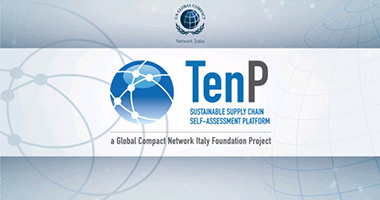
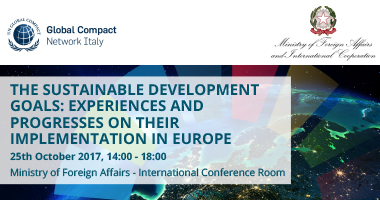
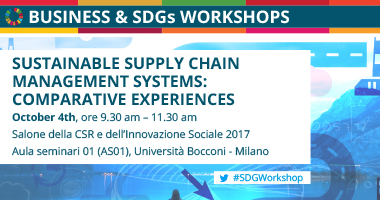

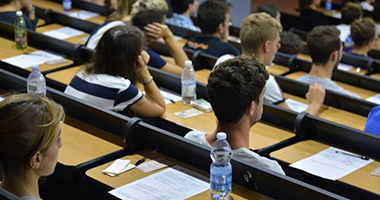
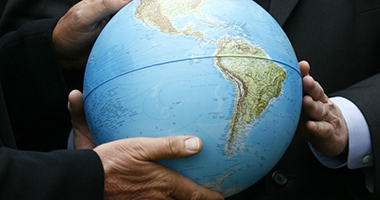
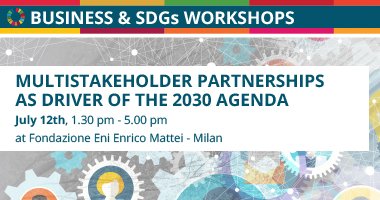
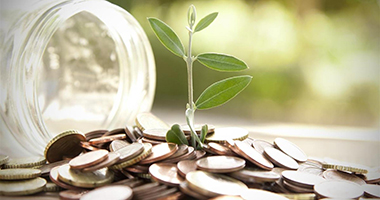
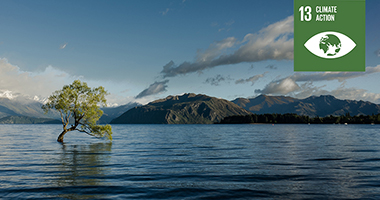
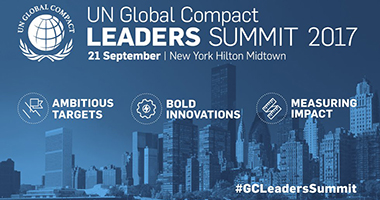
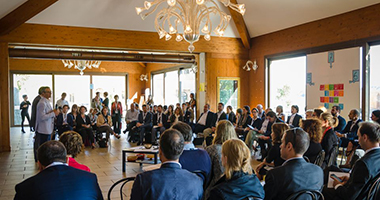

 In March five new companies with a CSR/sustainability profile already characterised by specific goals related to their business sector:
In March five new companies with a CSR/sustainability profile already characterised by specific goals related to their business sector:  From the launch of the 2030 Agenda (September 2015) until now, the Sustainability Development Goals (SDGs) have become a guide for businesses in countries around the world. Globally, in the political, economic and social spheres, the reaction of leaders to new challenges and priorities for sustainable development as set out by the United Nations has been impressive. A new awareness has gradually spread leading to new strategies, policies and initiatives in support of peace and world prosperity and the protection of the planet.
From the launch of the 2030 Agenda (September 2015) until now, the Sustainability Development Goals (SDGs) have become a guide for businesses in countries around the world. Globally, in the political, economic and social spheres, the reaction of leaders to new challenges and priorities for sustainable development as set out by the United Nations has been impressive. A new awareness has gradually spread leading to new strategies, policies and initiatives in support of peace and world prosperity and the protection of the planet. The Collection of "experiences and business practices related to the Sustainable Development Goals (SDGs)" is taking shape. The collaboration that was initiated with the first 10 companies that will be the key actors in the collection already profiles an interesting opportunity for future readers to explore from the review processes of strategy and business in order to integrate SDGs at corporate level, to the projects started to concretize specific objectives.
The Collection of "experiences and business practices related to the Sustainable Development Goals (SDGs)" is taking shape. The collaboration that was initiated with the first 10 companies that will be the key actors in the collection already profiles an interesting opportunity for future readers to explore from the review processes of strategy and business in order to integrate SDGs at corporate level, to the projects started to concretize specific objectives. The Italian
The Italian